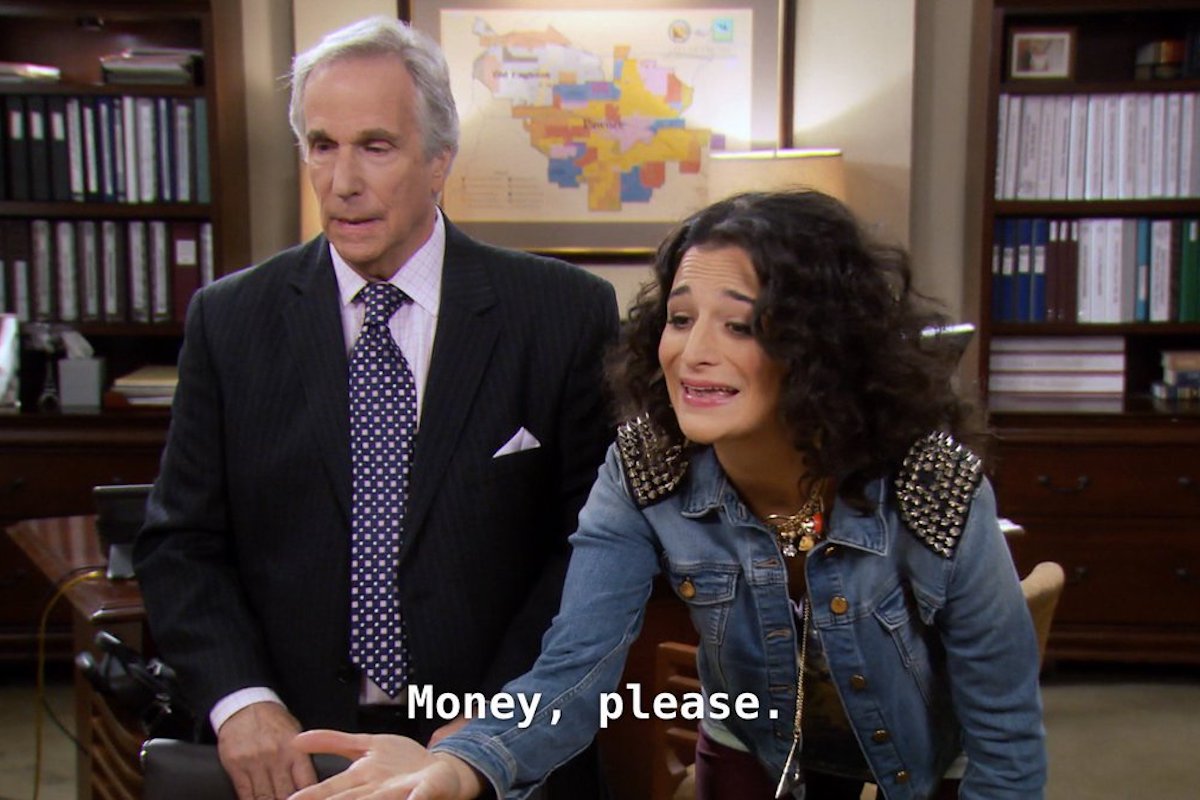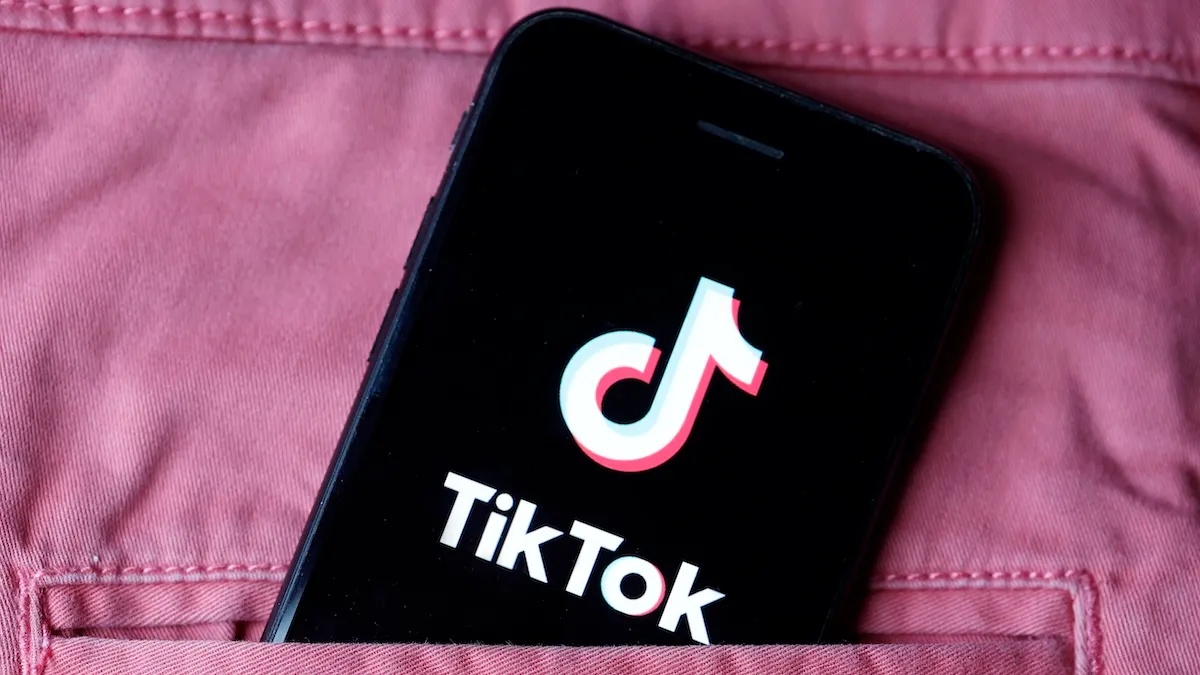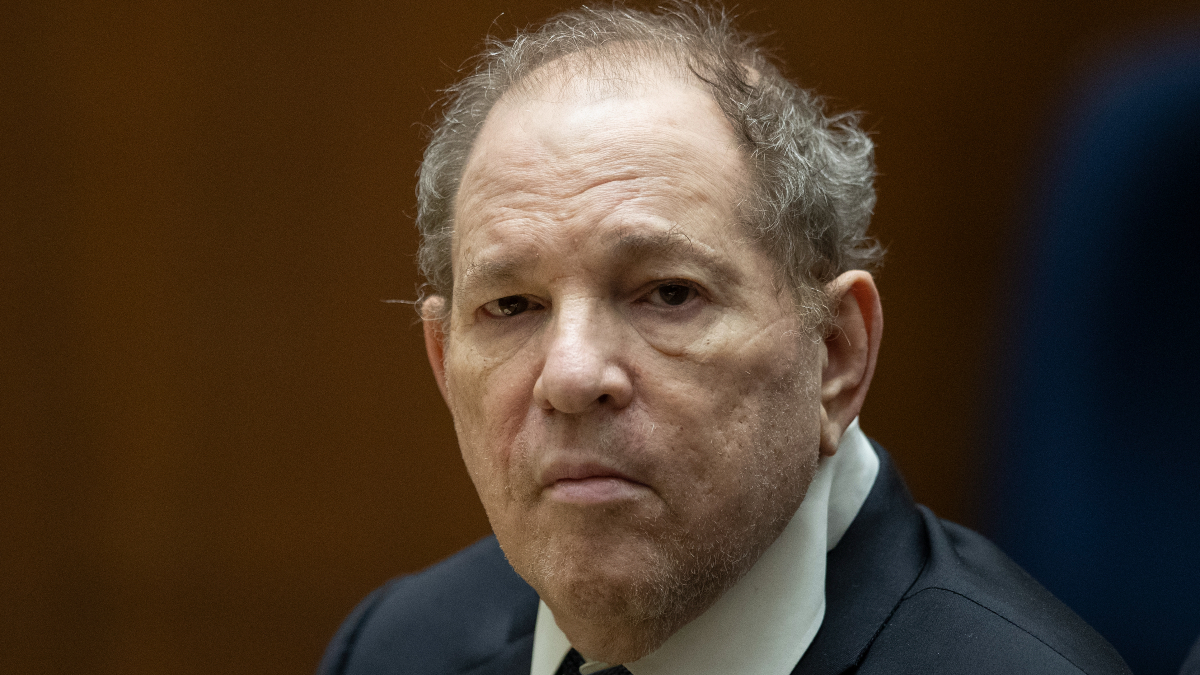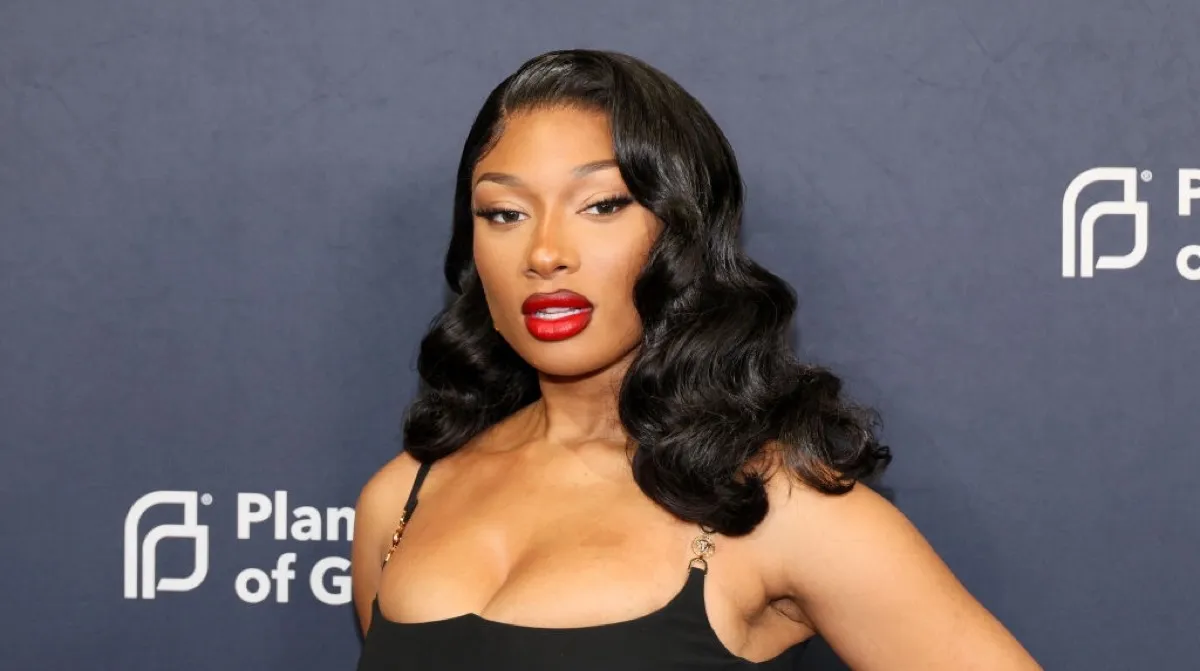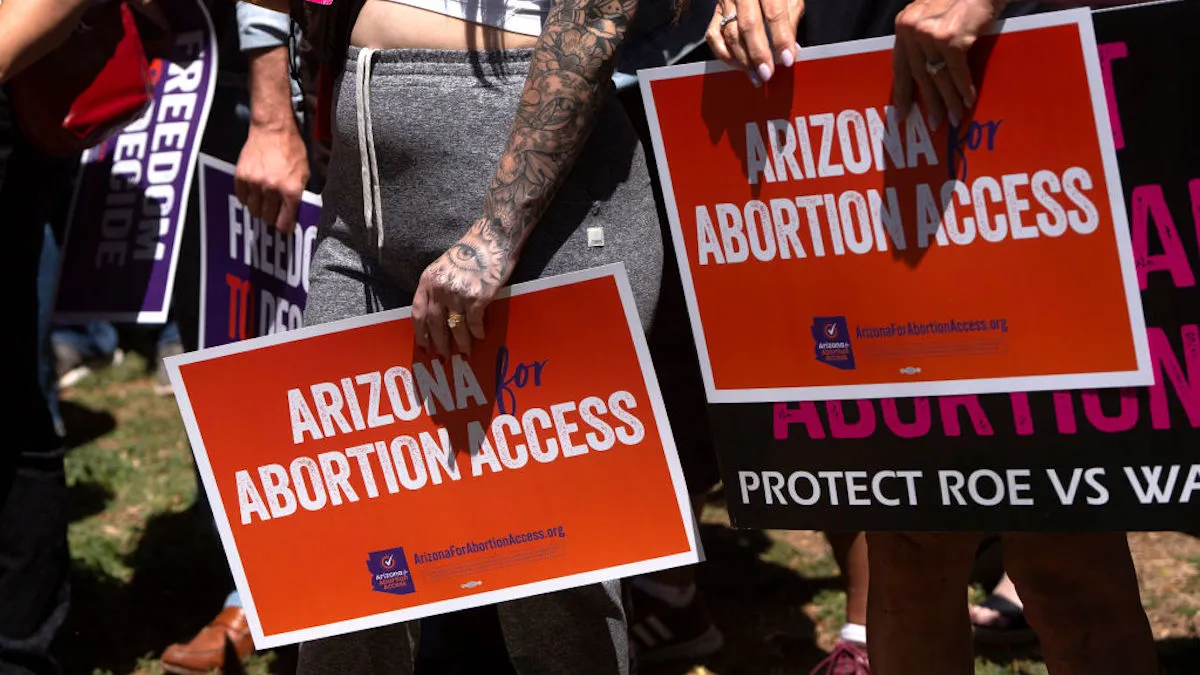Now that President Biden has announced his plan to forgive $10,000 of student debt for millions of Americans and up to $20,000 for Pell Grant recipients, the obvious question on a lot of people’s minds (other than “Why only $10,000?”) is how to make sure their debt is included in Biden’s plan.
Who Qualifies for Student Loan Forgiveness?
Biden’s plan will forgive up to $10,000 in federal loans (not private loans, unfortunately) for any borrower making less than $125,000 a year ($250,000 for married households). People who went to college on Pell Grants are eligible for up to $20,000.
Also, borrowers who are employed by non-profits, the military, or federal, state, Tribal, or local government might be eligible to have all of their student loans forgiven thanks to Biden’s promise to fix the “broken” Public Service Loan Forgiveness program. If you think you might qualify, check out PSLF.gov.
As far as what “up to” $10 or $20K means, it’s just that the amount a person is eligible for is capped at their balance. So if you have a balance of $8,000, you don’t get to pocket that $2K. A bummer, but reasonable.
How to Sign Up for Student Loan Forgiveness
According to StudentAid.gov, nearly eight million borrowers will be eligible to receive this relief automatically, since the Department of Education already has access to the relevant income data—similar to how if you’d filed a tax return the year before, those COVID-19 stimulus checks probably just showed up automatically.
If the government doesn’t have your data, or if you’re not sure if they do, the DoE will be launching a “simple application” in the coming weeks, and they say that will happen before the pause on student loan payments ends at the end of the year.
You can sign up to be notified when that application drops at the agency’s website: www.ed.gov/subscriptions.
PSA: Please don’t fall for the scammers!
In recent years, the scam of calling people pretending to be the IRS and demanding payments has grown out of control. Personally, I get at least one of those voicemails a week. Well, those scammers have already started trying to con people based on Biden’s loan forgiveness plan.
If you get a phone call saying you’re eligible for loan forgiveness and saying they’ll walk you through the process, do not trust it. That’s not how this works, it’s a scam, hang up the phone.
Got a student loan scam call. Those scammers must be working overtime today with the big news. Calling anyone that ever went to college, even if they dropped out to be a YOUTUBER pic.twitter.com/rRQlA5MESs
— Joel (@NobodyEpic) August 24, 2022
(image: NBC)



